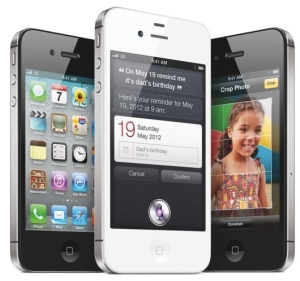I have learned a lot about citizens and how they take part in journalism everyday. I have done research and discovered things that I normally would not discover.
In doing this not only have I enlightened myself about citizen journalism, but I’ve also learned what it means to be a professional journalist.
Now a days in Journalism you really need to learn to set yourself apart from other people. It is because of these news networking sites or blog websites that we need to do this.
While it is true that we do in fact need citizen journalism. We also need to know that we need professional journalism.
Not one can get rid of the other because we need them both. They almost compliment each other in a sense.
(Exposing the Power of Citizen Journalism)
In the video above you can see exactly the impact that Citizen Journalism has and why it is important for us to have and to be involved with.
While Citizen Journalism does have a great impact on us the receivers of this news so does Professional Journalism as well.
Without professional journalism the citizens wouldn’t know what stories they should post on their blogs or websites. They wouldn’t know how to contribute.
As long as Professional Journalism remains around then Citizen Journalism will continue to thrive as well. The one can not live without the other.



